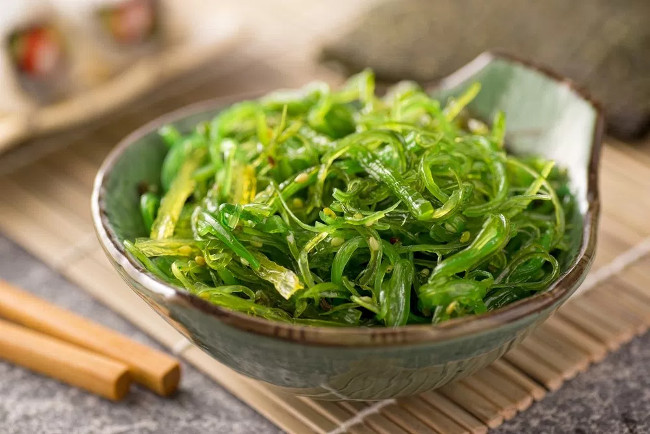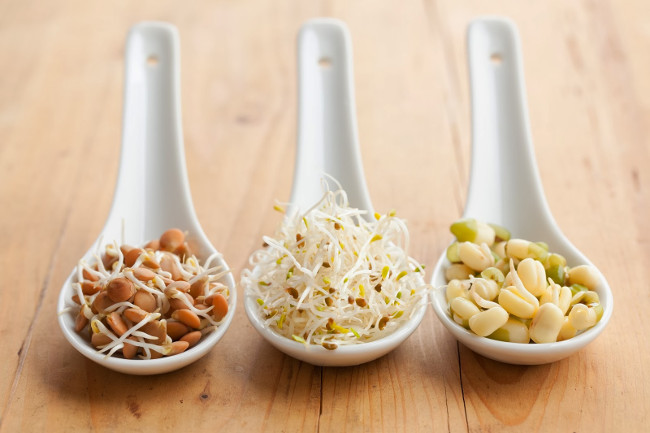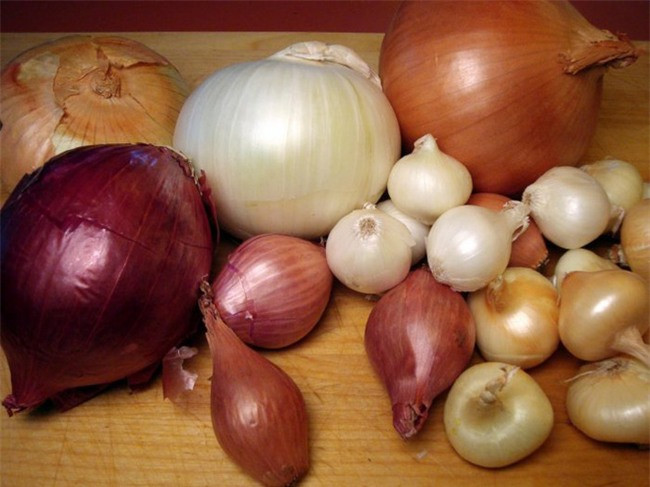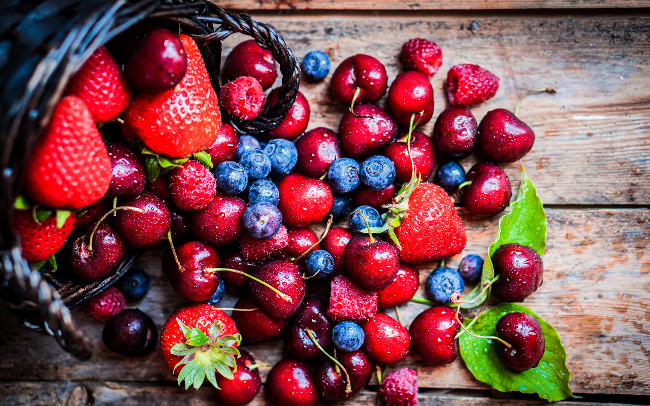If you want to maintain liver and cure, you should strengthen the following 5 foods
Today people with liver diseases are on the rise, making our body health decline.
As we know, the liver is an important part of our body's ability to release toxins outside. The liver is healthy, has good toxic waste, and our body can be healthy. When the liver is weak, not only does it pose a major health risk for a long time, but it also causes unpleasant symptoms that we often experience every day, such as belching, flatulence, constipation and problems. Other also bother you, reduce the quality of life.
Not only that, the liver also plays an important role in regulating blood sugar levels, reducing the likelihood of developing blood sugar-related diseases. Research shows that the following five foods are considered best for the liver, you should add them soon.
1. Vegetables of cruciferous vegetables

These cruciferous vegetables have remarkable nutritional value. Most of these substances are phytonutrients such as flavonoids, carotenoids, sulforaphane and indol, when we supply them with these nutrients, these nutrients will help our liver to integrate and stimulate enzymes. and dealing with various chemical toxins including carcinogens before they harm cells.
Some popular cabbage vegetables: broccoli, Brussels sprouts, cabbage, cauliflower, collard, kale, kohlrabi, radish, wasabi .
2. Seaweed group

Seaweed is considered a mineral-rich food. Besides anticancer properties are also found in brown seaweed or kelp and other algae, these are the foods that have outstanding effects in supporting the body to detoxify the liver. , prevent the body from absorbing cadmium and toxic heavy metals, toxins in other environments.
The researchers observed that this seaweed extract stimulates cell apoptosis (called apoptosis) in stomach, lymph node, and colorectal tumor cells.
A study at McGill Canada University also found that compounds contained in brown algae can reduce absorption of radioactive particles into the bone.
3. Group of bean sprouts

This is a group of foods belonging to the sprouts that contain many vitamins and different enzymes, which help the body promote the breakdown of protein absorption in the body. Thereby bringing significant effects to the care and nourishment of our liver function.
4. The group of sulfide-rich foods

Onions, green onions and some other rich sulfide vegetables are natural ingredients that benefit the liver, especially garlic. The amount of substance in garlic juice can inhibit the increased secretion of the enzyme group in our body. And yet, two important ingredients are selenium, allicin, which enhance the resistance while keeping the liver healthy. Even a small amount of garlic is very beneficial.
5. Berries group

Blueberries, strawberries, mulberries and other berries contain phytochemicals, anthocyanins, polyphenols, which have strong antioxidant effects, which can help the liver protect cells from attack by the roots. free.
You should read it
- ★ What is fatty liver? Is fatty liver disease dangerous?
- ★ Want to prevent liver cancer, just do 3 things well
- ★ Just raising your feet for 15 minutes every night can detoxify your liver, kidneys, improve digestion, have you tried it?
- ★ Liver surgery is rare in newborns
- ★ WHO revealed an amazing number of people with hepatitis B and C